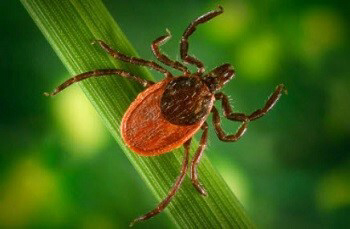Protect Against Mosquito, Tick Bites

This year’s warm, wet spring was prime time for some of Michigan’s nuisance insect species. The Michigan Department of Health and Human Services recently issued tips to avoid bites by ticks and mosquitoes. Bug bites can be more than just an annoyance – they can have future health implications, so it’s important to stay informed and take steps to protect yourself and others.
Every summer in Michigan, bites from mosquitoes and ticks carry the risk of spreading diseases to people and animals. Ticks are known to carry Lyme disease and anaplasmosis, while infected mosquitoes can transmit eastern equine encephalitis and West Nile virus. Mosquitoes collected in Saginaw County last month tested positive for Jamestown Canyon virus at the DHHS Bureau of Laboratories, the first infected mosquitoes detected in 2024.
Signs and symptoms of tick-borne disease typically begin one to two weeks after a tick bite, often after being in wooded or brushy areas where ticks commonly live. Early symptoms can be nonspecific and include fever or chills, rash, headache, fatigue and muscle aches. Early treatment with appropriate antibiotics can decrease the risk of serious complications.
The easiest way to protect from mosquito- and tick-borne illnesses is to prevent bites in the first place. Try these tips:
- Avoid areas like woods, brush or tall grass, where ticks and mosquitos like to frequent.
- Apply insect repellents containing DEET or other Environmental Protection Agency-approved products to clothing and exposed skin.
- Wear light-colored, long-sleeved shirts and long pants.
- Check yourself, others and pets for ticks daily, and make sure to bathe as soon as possible when you head back inside to make sure none have hitched a ride.
- Ensure window and door screens are sealed and maintained.
- Empty standing water sources like buckets, old tires, unused kiddie pools and other stagnant water sources where mosquitos may lay eggs.
For more information, visit Michigan.gov/EmergingDiseases.






